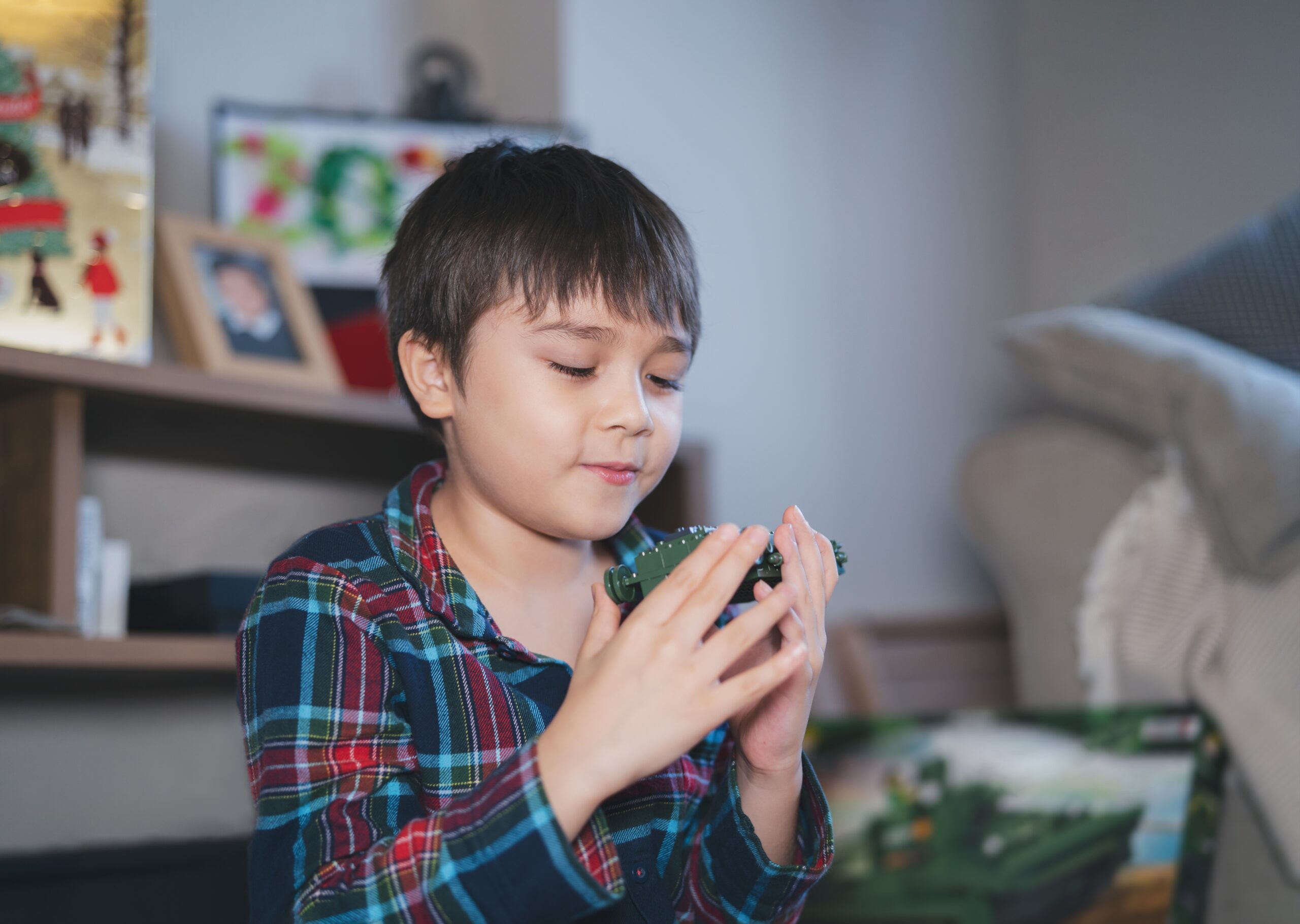Holiday
Preparing For Large Social Gatherings
Create Lasting Memories
Family gatherings can be a wonderful opportunity for your child to interact with extended family members and create lasting memories. However, it’s important to approach them with sensitivity and understanding. Large gatherings can be overwhelming and anxiety-inducing even for individuals without autism. Here are some tips to help make the experience enjoyable for your child.

Prepare Your Child in Advance
Children on the autism spectrum often benefit from predictability. Let your child know about the gathering well in advance, explaining who will be there, what activities are planned, and any changes to their routine. Visual aids such as social stories or calendars can be helpful in providing structure and reducing anxiety.

Create a Safe Space
Large family gatherings can be overwhelming for anyone, especially for children with autism. Designate a quiet, calm space where your child can retreat if they need a break. This space can serve as a sanctuary where they can regroup, relax, and recharge.

Communicate With Family Members
Reach out to family members before the gathering and explain your child's needs and preferences. Educate them about autism and suggest ways they can support your child during the event. Encourage them to be patient, understanding, and accepting of your child's unique behaviors.

Maintain Routines & Familiar Items
Try to maintain your child's regular routine as much as possible during the gathering. Familiarity can provide a sense of security. If your child has comfort items like toys, blankets, or headphones, make sure they have access to them as needed.

Plan Sensory-Friendly Activities
Consider incorporating activities that cater to your child's sensory needs. For example, provide a quiet corner with sensory toys or offer activities that engage their specific interests. This will help them feel more comfortable and engaged in the gathering.

Set Realistic Expectations
Recognize that your child may become overwhelmed or exhibit different behaviors during the event. Encourage your family members to focus on celebrating your child's unique strengths rather than any challenges they may face. Help them understand that every child is different, and their support and acceptance are crucial..

Practice Patience & Flexibility
Remember that large family gatherings can be chaotic, and unexpected situations may arise. Stay calm and patient, adapting to any changes as they happen. Your child may require extra support or reassurance, so be prepared to step in and advocate for their needs.

Encourage Understanding & Acceptance
Take the opportunity to educate your family members about autism. Help them understand the unique perspectives and experiences of individuals on the spectrum. This can foster empathy, promote inclusion, and create a supportive environment for your child.

Take Breaks as Needed
Check in with your child regularly and be attuned to their signals of fatigue or overwhelm. If necessary, take short breaks outside or in a quieter area to give your child a chance to recharge. These breaks can prevent sensory overload and help them navigate the gathering more comfortably
Celebrate Successes
Recognize and celebrate the achievements and milestones your child reaches during the gathering, no matter how small they may seem. Praising their efforts and resilience will boost their self-esteem and reinforce positive experiences within a family setting.
Guide Disclaimer
Remember, every child is unique, and what works for one may not work for another. Trust your instincts as a parent and advocate for your child’s needs. By approaching large family gatherings with patience, understanding, and a nurturing mindset, you can create a welcoming and inclusive environment where your child can thrive and enjoy meaningful connections with their extended family.
The information provided in this article is intended for general informational purposes only and should not be considered as professional advice or a substitute for medical, therapeutic, or educational guidance. Every child’s needs are unique, and what works for one child may not work for another. It is essential to consult with qualified professionals, such as doctors, psychologists, therapists, or educators, who can provide individualized recommendations and support tailored to your child’s specific needs.


